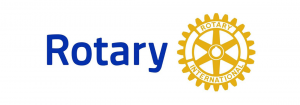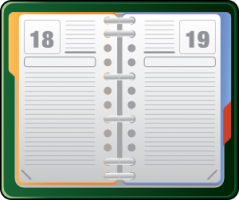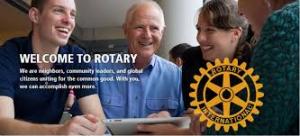Scottish Air Ambulance Charity-Jim Brand Thursday 14 January 2020 -chat @18.45 Meet @ 19.00
Thu, Jan 14th 2021 at 7:00 pm - 9:00 pm
Scottish Air Ambulance Charity-Jim Brand Thursday 14 January 2020 -chat @18.45 Meet @ 19.00

SCOTTISH CHARITY AIR AMBULANCE
A heart attack victim needing immediate treatment in hospital; those seriously injured in a major road accident needing urgent medical attention; a patient on an island who urgently needs to get to hospital. What links these and others requiring rapid access to specialist hospital treatment? The answer is that all are dependent on the expert provision made by Scottish air ambulances to provide rapid access for patients to appropriate medical attention. Jim Brand, a First Responder, and a specialist in cardiac response, spoke at Thursday’s meeting about the work of the Scottish Charity Air Ambulance (SCAA).
Working in partnership with the Scottish Ambulance Service (SAS) and other emergency services, SCAA is an integral part of Scotland’s frontline emergency response network, responding to trauma incidents and medical emergencies across the country, covering an area of more than 30,000 square miles. Formed in 2013, SCAA started its operation with a helicopter based in Scone. A further helicopter, based in Aberdeen, was added last year. Each of the bases also has a BMW X5 rapid response road vehicle. With these resources, and a team of four pilots and 12 paramedics, SCAA can take expert care to the scene of time-critical emergencies, whether on a road, in a field or at someone’s home. SCAA then transports patients to specialist hospitals where patients can receive the most appropriate advanced care. Last year SCAA responded to about 460 callouts, with 44 per cent involving traumas of various sorts, 17 per cent cardiac emergencies, with the balance other medical emergencies.
Jim emphasised that the ability to provide timely medical intervention and transport is vital: a patients’ chances of survival and full recovery are greatly increased if they receive the right medical care within the first hour of injury or illness. SCAA can be airborne within five minutes of receiving an emergency call and can reach 90% of Scotland’s population within 25 minutes, in many instances, even more quickly. The service is a lifeline, particularly to rural and island communities. Jim illustrated this by an instance when a four month-old baby boy in a rural community had been very seriously injured by a dog, and was in danger of losing his life. Swift intervention by SCAA with rapid transfer to Aberdeen Hospital, undoubtedly saved his life.
Jim emphasised that it was important to recognise that SCAA, Scotland’s only charity air ambulance, is entirely funded by the people of Scotland, primarily through donations, fundraising, events and its life-saving lottery. The cost of the current operation is about £4 million each year, with each mission costing some £2,500. There are opportunities to support SCAA through donations, its lottery and other forms of giving. SCAA is also very pleased to welcome volunteers who can marshal at fund-raising and other events, as well as by spreading the word about SCAA and generally supporting its work. More information about SCAA can be found at www.scaa.org.uk.
'What We Do' Main Pages:
Our charitable activities are administered by a trust fund, registered as a Scottish charity, number SC050998. Annual reports and accounts for recent years can be downloaded below.
more
.jpg)






